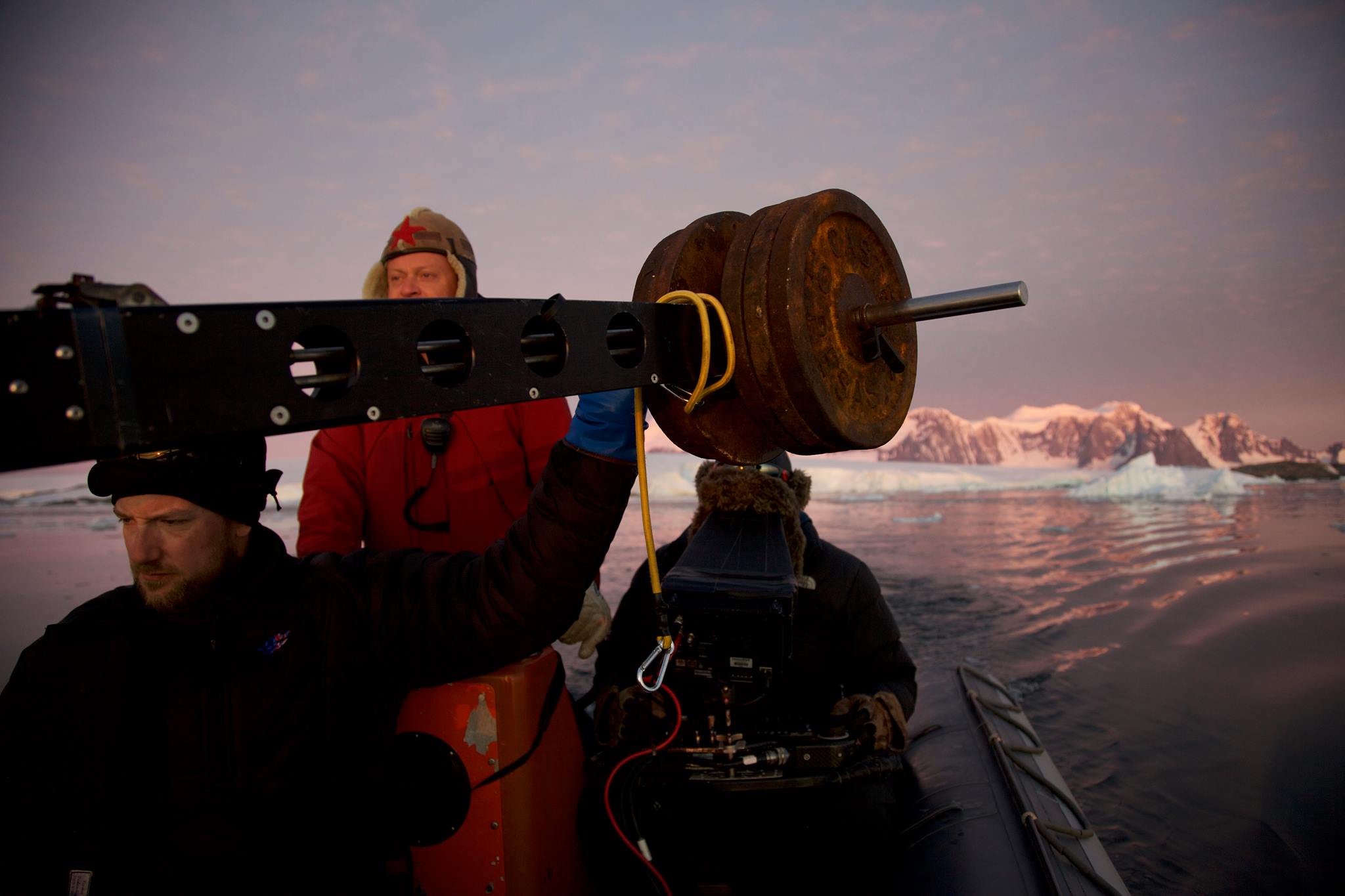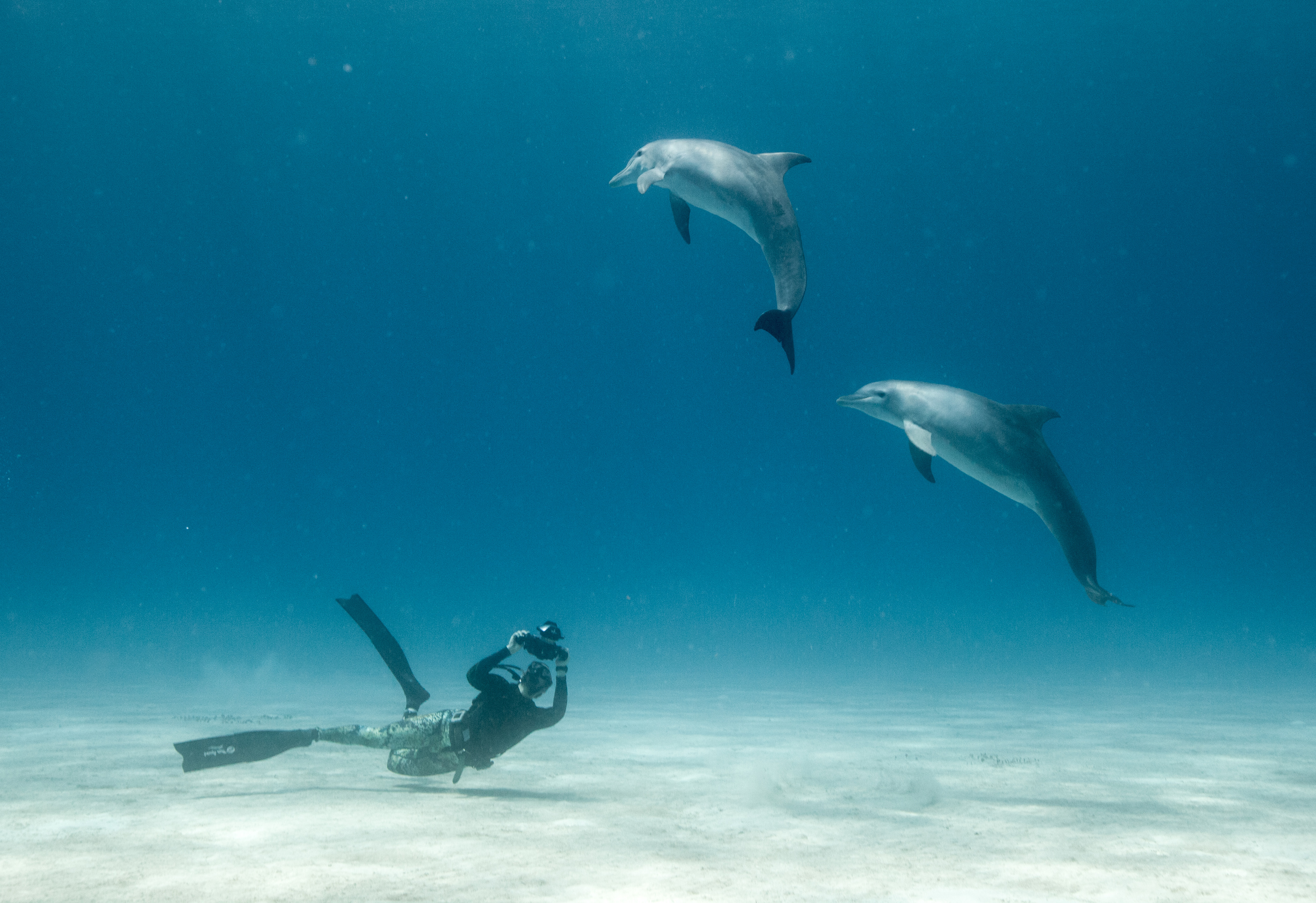We are looking back on some of our BSc graduates who have excelled in scientific research, ecology and conservation around the world since studying with us.
Today we meet Raz who graduated from BSc Zoology in 2007 and is currently a freelance TV Producer & Director making landmark wildlife shows, for the BBC Natural History Unit.
Hi Raz, It’s been more than a decade since you studied with us, why don’t you tell us a bit about your career in that time that led you to where you are now?

I decided to go to University a little later in life, as a mature student, following a desire to get a job that allowed me to travel the world and get hands on with conservation.
Following graduation, I was employed by an international conservation NGO partnered with national governments in a collective effort to stop poaching, timber trafficking and drug manufacture. During this time, I also volunteered with a project that supported emerging Cambodian artists who were seeking out their creative heritage and skill, post-war. I loved being part of the excitement and joy that came with their creation of original art and returned to the UK wanting to pursue a more creative career myself. I applied for a scheme at the BBC and from there I began working on Natural History TV production which allowed me to combine my creative drive with my practical naturalist skills, and more than a decade later I’m still doing the same.
We’re glad you have had such great opportunities! What made you choose to study your BSc at the University of Exeter, Penryn Campus?
Coming to University as a mature student with dyslexia and atypical qualifications, I wanted a more intimate and hands on course. Exeter advertised itself as having the most fieldwork of any course and at that time had more academics than students, which for me was a huge incentive to apply. Being a Biology course, I felt it was incredibly important to learn practically how to be a naturalist; to observe and understand animals and habitats.
I was in contact with Professor Matthew Evans prior to applying at Exeter who, in the end, was the deciding factor for me applying to the University of Exeter and being accepted given my atypical qualifications.

What did you enjoy most about studying in Penryn?
I grew up on the North coast of Cornwall, which is where I felt most at home however moving to the South Coast made me fall in love with the County all over again. I learnt to Scuba dive in my free time which I would say has become one of my greatest passions and a skill I use regularly in the day-to-day life of my career.
How do you think the BSc helped to prepare you for your career?
My time at University taught me how to think critically and independently as well as how to effectively approach research (of any kind) and how to project manage. These skills are transferable to numerous careers, and I would say, other than scuba diving, are those I use most frequently today.
 Given the challenge in travelling the world at the current time – do you have any plans for the future?
Given the challenge in travelling the world at the current time – do you have any plans for the future?
Alongside my filmmaking work I have just signed on to work as an Associate Lecturer on the Marine and Natural History Photography Course at Falmouth University, so am looking forward to getting back to Penryn Campus, except this time I will be doing the teaching!
And finally, what is one bit of advice you would give to anyone thinking of applying to the University of Exeter, Penryn Campus?
Penryn is a long way from Exeter both physically and metaphorically. Kernow itself is the most special place on earth I think, and an opportunity to live and work there is something not to be missed.

Thank you Raz!
If you want to read more profiles from BSc Zoology graduates follow this link or explore our Graduate in Focus homepage to learn more about the degree programmes we have on offer!

